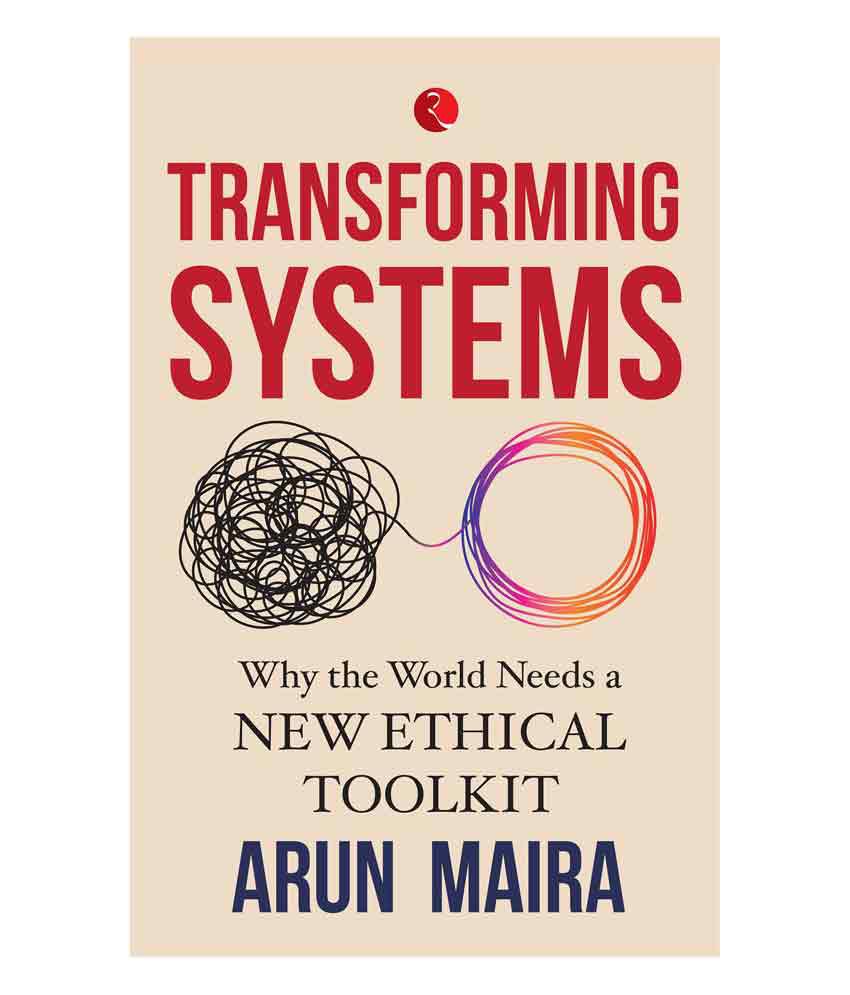Something went wrong. Please refresh the page and try again.
Something went wrong. Please refresh the page and try again.
Notifications can be turned off anytime from settings.
Item(s) Added To cart
Qty.
Something went wrong. Please refresh the page and try again.
Something went wrong. Please refresh the page and try again.
Exchange offer not applicable. New product price is lower than exchange product price
Please check the updated No Cost EMI details on the payment page
Exchange offer is not applicable with this product
Exchange Offer cannot be clubbed with Bajaj Finserv for this product
Product price & seller has been updated as per Bajaj Finserv EMI option
Please apply exchange offer again
Your item has been added to Shortlist.
View AllYour Item has been added to Shopping List
View All

No Cost EMI of Zero Emi Vendor applied on the product
You selected EMI of for monthsChangeGenerally delivered in 6 - 10 days
Item is available at . Change
You will be notified when this product will be in stock
| ||||||||||||||
By the turn of the millennium, the dominant idea was that not only should the business ofbusiness be only business, but countries, governments and civil society organizations should alsobe run on principles of business.Soon, the realization that, while economies had been growing, systemic problems of social inequalityand environmental unsustainability were becoming intolerable, led to the Sustainable DevelopmentGoals, which all countries signed up to achieve. A new toolkit is required to attain these goals thatgo beyond the precepts of good business management and prevalent best practices in governmentas well as civil society organizations.In Transforming Systems, Arun Maira stresses that a new toolkit has to be founded on disciplinesof systems thinking, ethical reasoning and deep listening. It should focus more on concepts ofgovernance of networks, rather than the management of organizations. Diverse points of viewmust be heard and valued, not smothered beneath technology-driven quantitative data analysis.Maira brings the wealth of his knowledge and experience to highlight the uncertainty of ourfuture that is bound to change dynamically, and points out how we can cope with the changes.He insists that the most useful life skill for young people is to learn how to be lifelong learners,sensitive to their own evolution within an evolving system.
About the Author
Arun Maira is Chairman, HelpAge International. A former Member of India's PlanningCommission (2009–14), he was with the Tata Group for twenty-five years at top-level positions.He was also Chairman, Boston Consulting Group, India.Maira is the author of the bestselling books Listening for Well-Being; Redesigning the AeroplaneWhile Flying: Reforming Institutions and An Upstart in Government: Journeys of Change and Learning.
The images represent actual product though color of the image and product may slightly differ.
Transforming Systems; Why The World Needs A New Ethical Toolkit
Rs. 403
Register now to get updates on promotions and
coupons. Or Download App